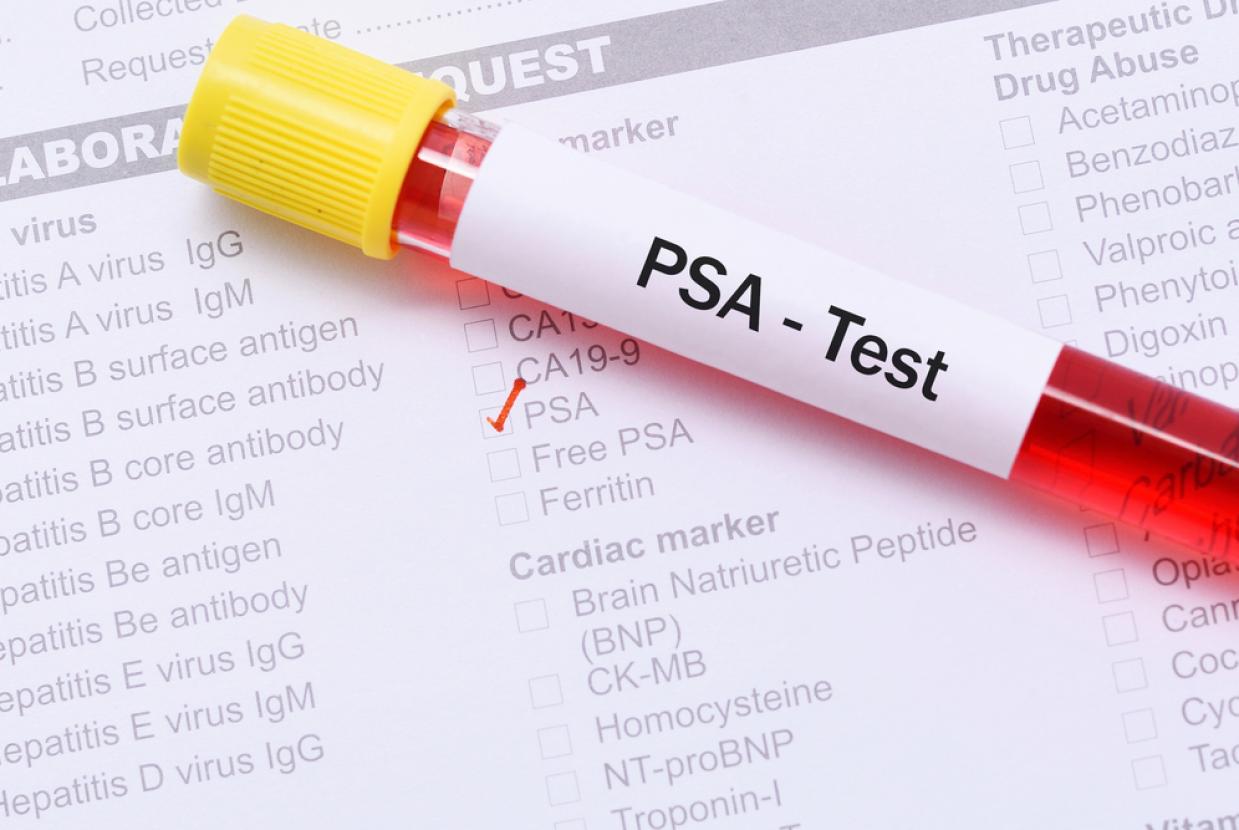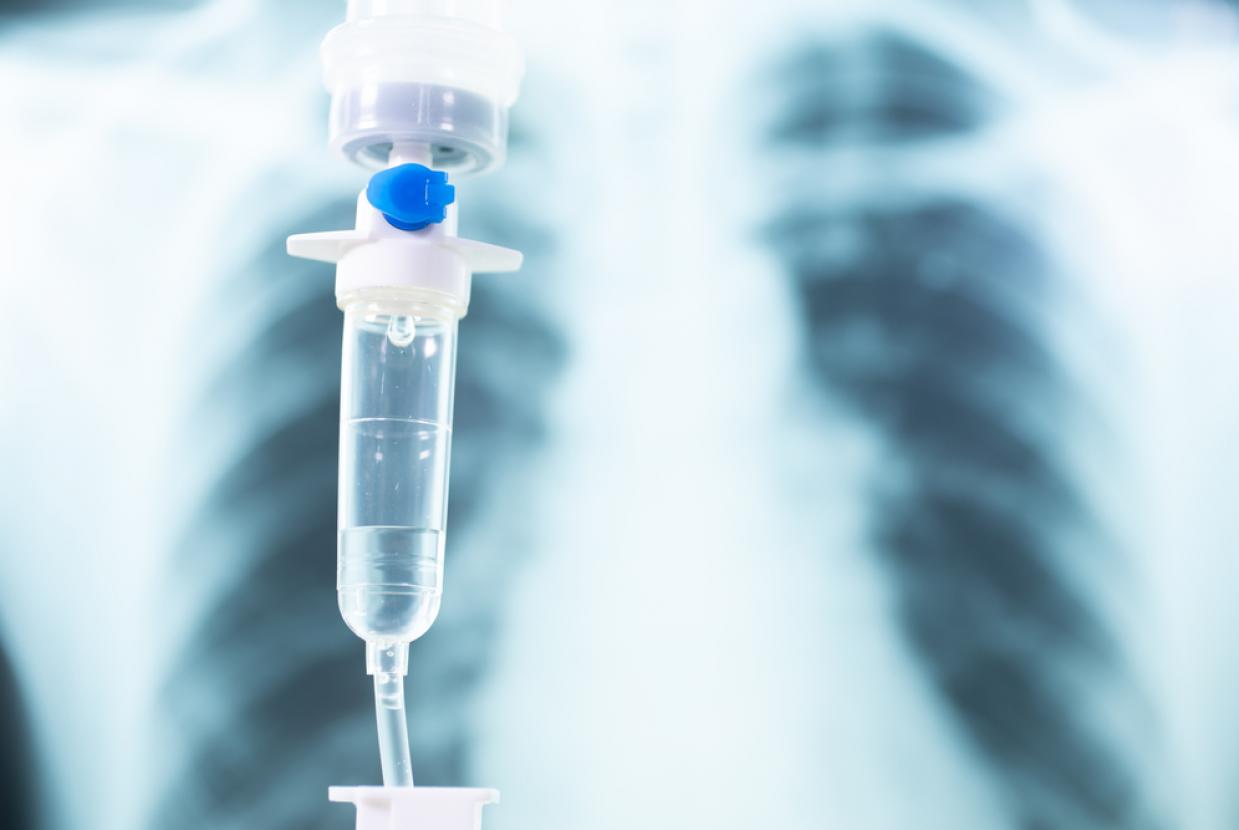Symptoms & Diagnosis
Testicular cancer usually only affects one testicle, but it can affect both.
Symptoms of testicular cancer include:
- a lump or swelling in your testicle
- your testicle getting bigger
- an ache or pain in your testicle or scrotum (the skin that covers the testicles)
- your scrotum feeling heavy, firm or hard
Other symptoms can include:
- an ache or pain in your back or lower tummy
- losing weight without trying
- a cough
- difficulty breathing or swallowing
- a sore or swollen chest
Information:
It's important to check your testicles regularly so you know what's normal for you. This makes it easier to notice any changes in the size, look or feel of your testicles.
Non-urgent advice: See a GP if:
- you have a lump or swelling on one or both of your testicles
- one or both of your testicles are getting bigger
- your scrotum (the skin that covers the testicles) feels heavy, firm or hard
- you have an ache or pain in your scrotum or one or both of your testicles
- you notice a change in one of both of your testicles that is not normal for you
Important
These symptoms are very common and can be caused by many different conditions.
Having them does not definitely mean you have testicular cancer. But it's important to get them checked by a GP.
This is because if they're caused by cancer, finding it early may mean it's easier to treat.
What happens at the GP appointment
The GP will ask you about your symptoms and general health. They will check your testicles and the lymph nodes (small glands that are part of the body's immune system) at the top of your legs.
Referral to a specialist
You may get an urgent referral for more tests or to see a specialist in hospital if the GP thinks you have symptoms that could be cancer. This does not definitely mean you have cancer.



































































